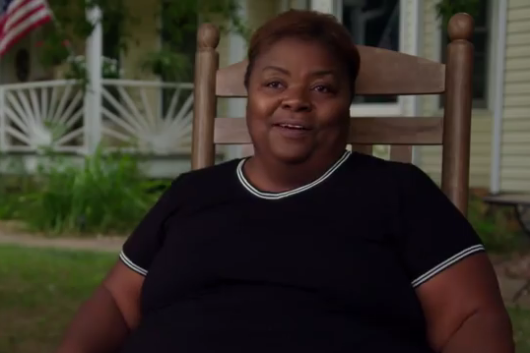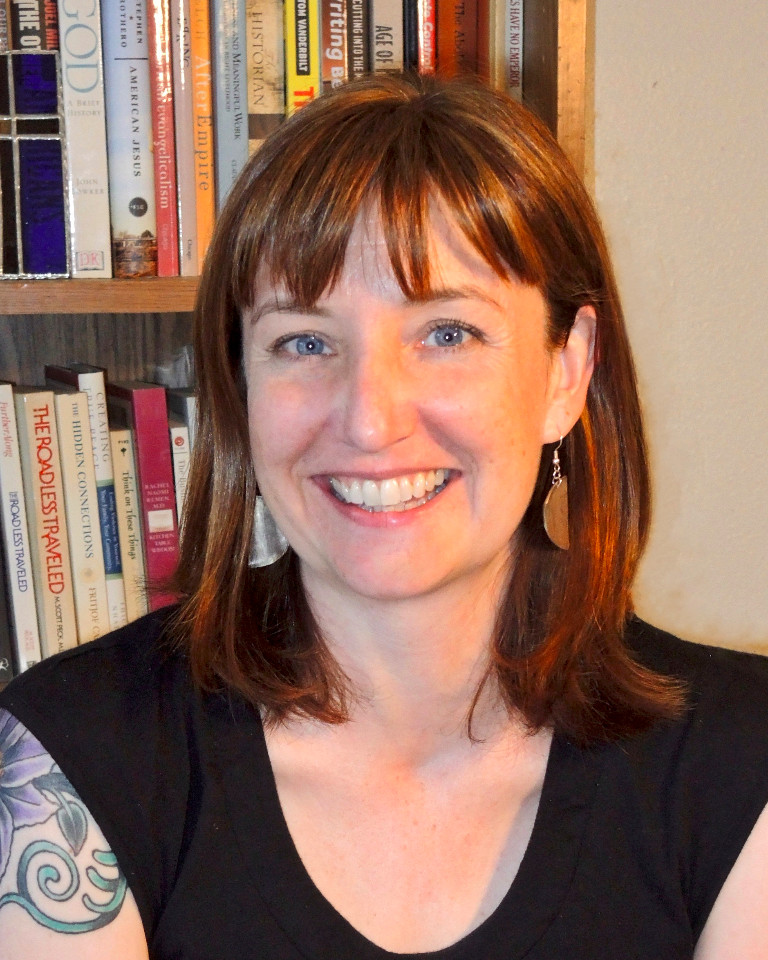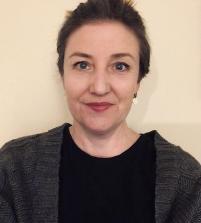Queer Eye for the Christian Mother
The second season of the Netflix series Queer Eye was released on June 15, 2018, and the first episode is called “God Bless Gay.” Queer Eye was recently renewed for a third season after receiving four Emmy nominations in 2018
By Courtney WilderJuly 26, 2018
 The second season of the Netflix series Queer Eye was released on June 15, 2018, and the first episode is called “God Bless Gay.” Queer Eye was recently renewed for a third season after receiving four Emmy nominations in 2018. Like the earlier program Queer Eye for the Straight Guy, the rebooted Queer Eye is built on the premise that five gay men can provide much-needed advice and support to people who are struggling with some aspects of their lives. The reboot broadened the range of makeover subjects from straight men to include women and LGBTQ people and has worked to display new depth, including tackling the problem of homophobia within Christian congregations.
The second season of the Netflix series Queer Eye was released on June 15, 2018, and the first episode is called “God Bless Gay.” Queer Eye was recently renewed for a third season after receiving four Emmy nominations in 2018. Like the earlier program Queer Eye for the Straight Guy, the rebooted Queer Eye is built on the premise that five gay men can provide much-needed advice and support to people who are struggling with some aspects of their lives. The reboot broadened the range of makeover subjects from straight men to include women and LGBTQ people and has worked to display new depth, including tackling the problem of homophobia within Christian congregations.
The team of experts engages with a new person each episode about design, culture, fashion, food and wine, and grooming. The five men, all openly gay, come from a range of backgrounds: rural, urban, Pakistani-British, Canadian, American, Christian, Muslim, secular, black, Jamaican-American, and white. The structure of each episode plays up the diversity of the cast’s experiences and backgrounds; differences between the cast and the subjects, and lengthy conversations about those differences, are featured in most episodes. The tone of the show is consistently very gentle to the subjects of the makeover without compromising the points of view of the five hosts.
“God Bless Gay” is a case in point. It is a remarkably thoughtful exploration of the experiences of LGBTQ Christians. The episode depicts intersections of class and race and religion and sexuality within the community of the featured subject, Tammye, whom The Washington Post describes as “likely the nicest person ever to be portrayed on television.” Tammye is a teacher, a volunteer, a cancer survivor, and a pillar of her church community, and the team adjusts their usual strategy to her particular situation: instead of a remodel of part of her home, Tammye requests help completing the community center that her church has built, and design expert Bobby Birk comes through beautifully; instead of teaching Tammye how to host a party or prepare a new dish, food and wine tutor Antoni Porowski explicitly identifies her as an accomplished cook and has her teach him how to make her macaroni salad, so that he can provide enough of her signature dish for the reception after a church “homecoming” service.
The heart of the episode, however, involves Birk’s conversations with Tammye about religion. He refused to enter Tammye’s church with the rest of the cast, because it reminded him of his own painful experience with Christianity. He tells her that he was raised to be very religious and prayed to God as an adolescent to make him not gay; when he came out, his church community rejected him. Tammye in turn recounts asking her son, and then God, for forgiveness for failing to love her son unconditionally when he came out.
Simultaneously, culture expert (and trained therapist and social worker) Karamo Brown talks with Tammye’s son Myles about Myles’s reluctance to return to his mother’s Baptist congregation after he came out and the church and community responded with homophobia. Myles tells Brown that he was lucky to have Tammye as a mother: “Most of these mothers out here, if you’re gay, you’re gone.” But their relationship had its rocky points. Myles says that because Tammye was raised to think of homosexuality as “disgusting” and “an abomination,” she “projected those feelings” onto him. They were estranged for two years while Myles was in college. Tammye’s diagnosis of breast cancer, and successful treatment, brought him home.
Brown tells Myles, and the viewers, “My granny taught me, God is love.” While he does not diminish Myles’s experience, he plainly regards homophobia as incompatible with true Christian teaching. In response to these conversations, Tammye gives a testimony to her congregation. This is the moment where the program centers her as a religious authority, having already identified her as an influential member of the community, a person who serves others rather than caring for herself, and as a skilled cook. It is Tammye’s proclamation to her congregation, rather than influence from the urban and openly gay cast, which is positioned as morally significant. Tammye says to her congregation, “How can I say that I love God, but I cannot love the ones who are right here next to me? My son walked away from the church and it has been my prayer that he comes here and feels the love. Do I love Jesus? Yes. Am I a believer? Yes. Do I love my son? Yes. Yes, yes, yes.”
As the episode concludes, Tammye speaks individually to the cast members. Her words function as a blessing: she repeatedly tells the men that she loves them, and identifies a gift from God in each man. The impact of the episode as a whole is to portray homophobia as a serious problem within religious communities, including but not limited to black church communities. For this particular congregation and family, the resolution is to rely on the lived religious experience of a black woman, her recognition of her homophobia as a sin, and her willingness to proclaim her love for her gay son authoritatively within her church. The experiences of the cast as gay men serve to begin the conversation; they are not depicted as compromising with Tammye on their humanity or her son’s. Neither do they defer to the religiously cloaked homophobia that Myles describes having experienced. Rather, they open up space for Tammye and her church to embrace Myles and to accept the material help provided by the cast to complete their community center, and they emphatically model for Myles a life that can include being openly, joyfully gay and—if he wishes—a welcomed member of the congregation.
 Courtney Wilder (PhD’08) is professor of religion at Midland University; she lives in Omaha, Nebraska, with her family. Her areas of research include theology of disability and Christianity and popular culture. Her book This Is My Body? Disability, Christianity, and Popular Culture is forthcoming from Baylor University Press. Courtney Wilder (PhD’08) is professor of religion at Midland University; she lives in Omaha, Nebraska, with her family. Her areas of research include theology of disability and Christianity and popular culture. Her book This Is My Body? Disability, Christianity, and Popular Culture is forthcoming from Baylor University Press. |
Sightings is edited by Brett Colasacco (PhD’18). Sign up here to get Sightings by email. You can also follow us on Facebook and Twitter.


